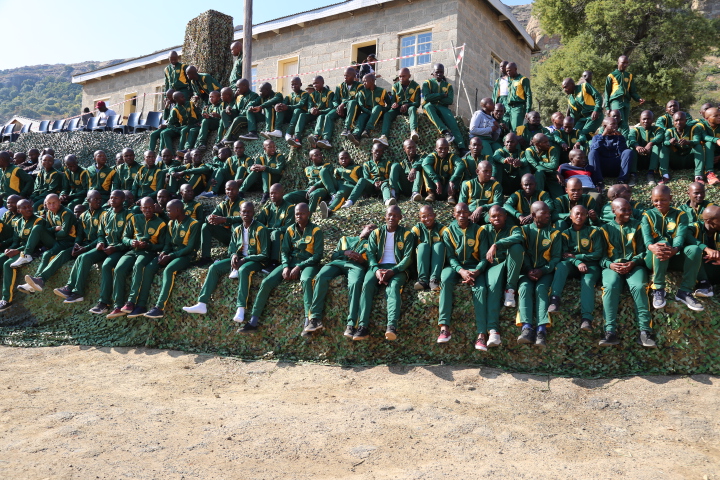MTI Professionals
Employees: The Institute trains its own instructors, categorized based on their performance in various skills. This ensures instructors' placement benefits students and brings good results.
Professions: The main profession is teaching. The selection of instructors is done through a specific team and based on merit and conduct during training.
Training & Development: Mandatory courses both locally and abroad, along with nominations and invitations from friendly foreign forces, help improve instructors' skills.

